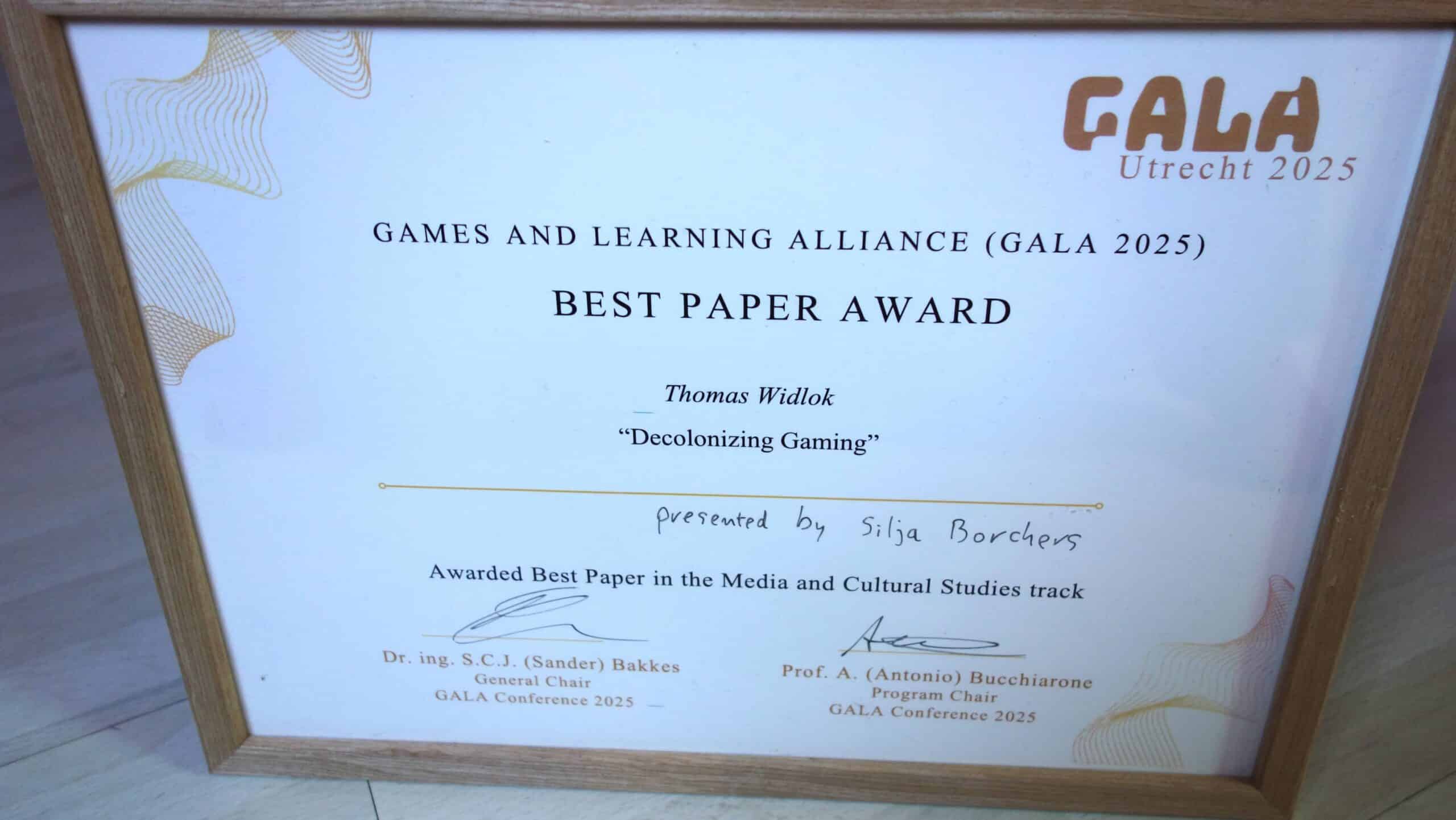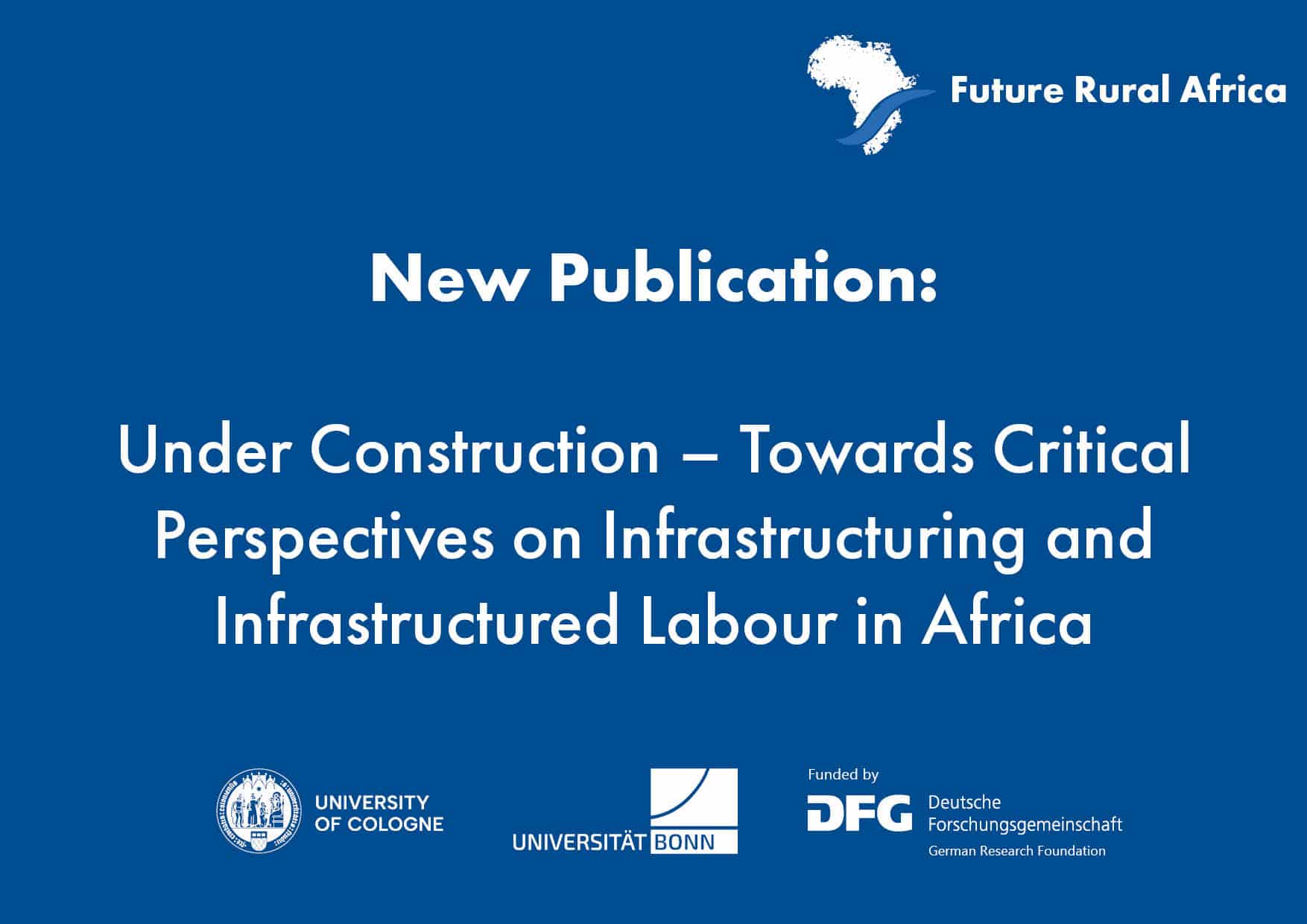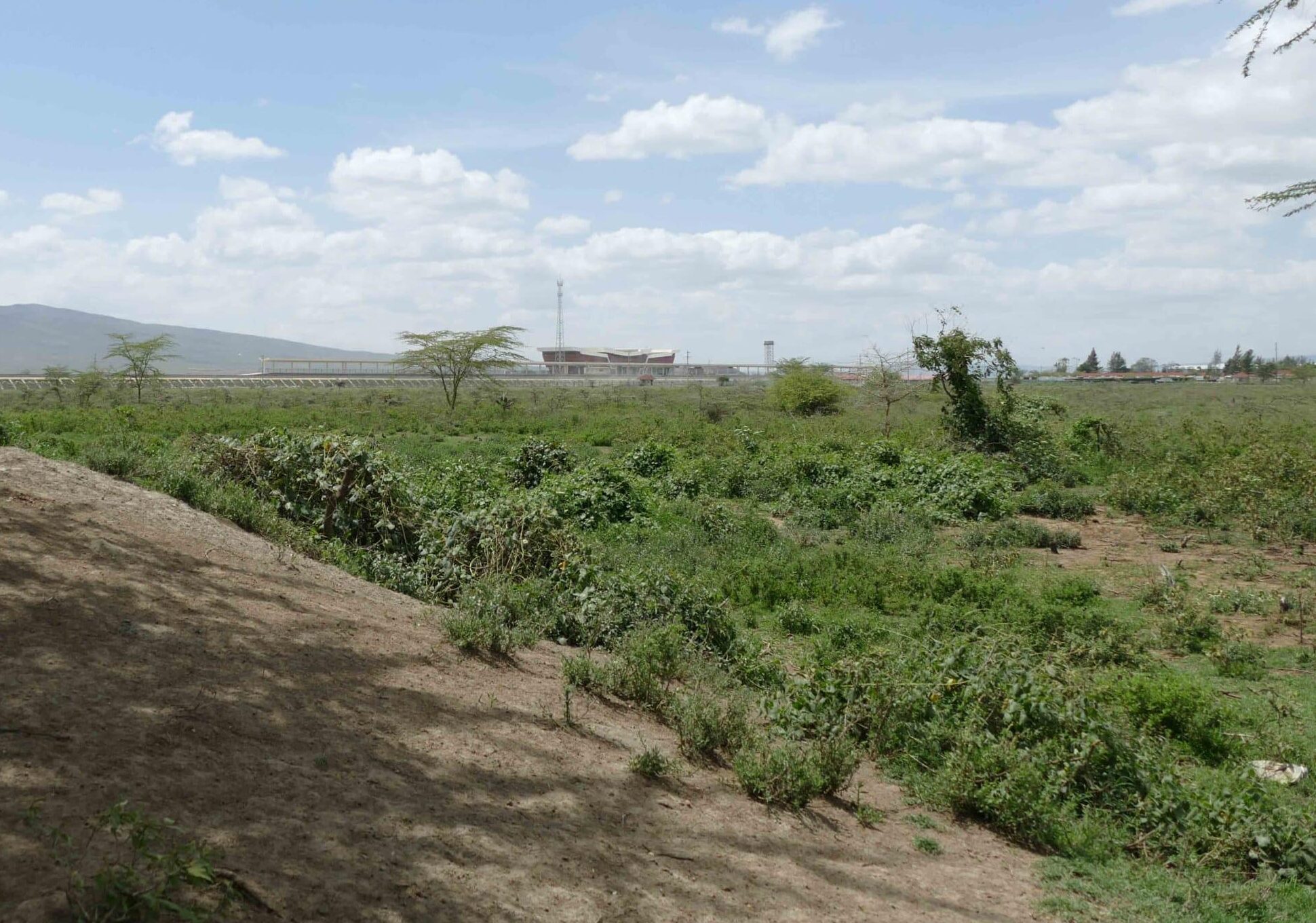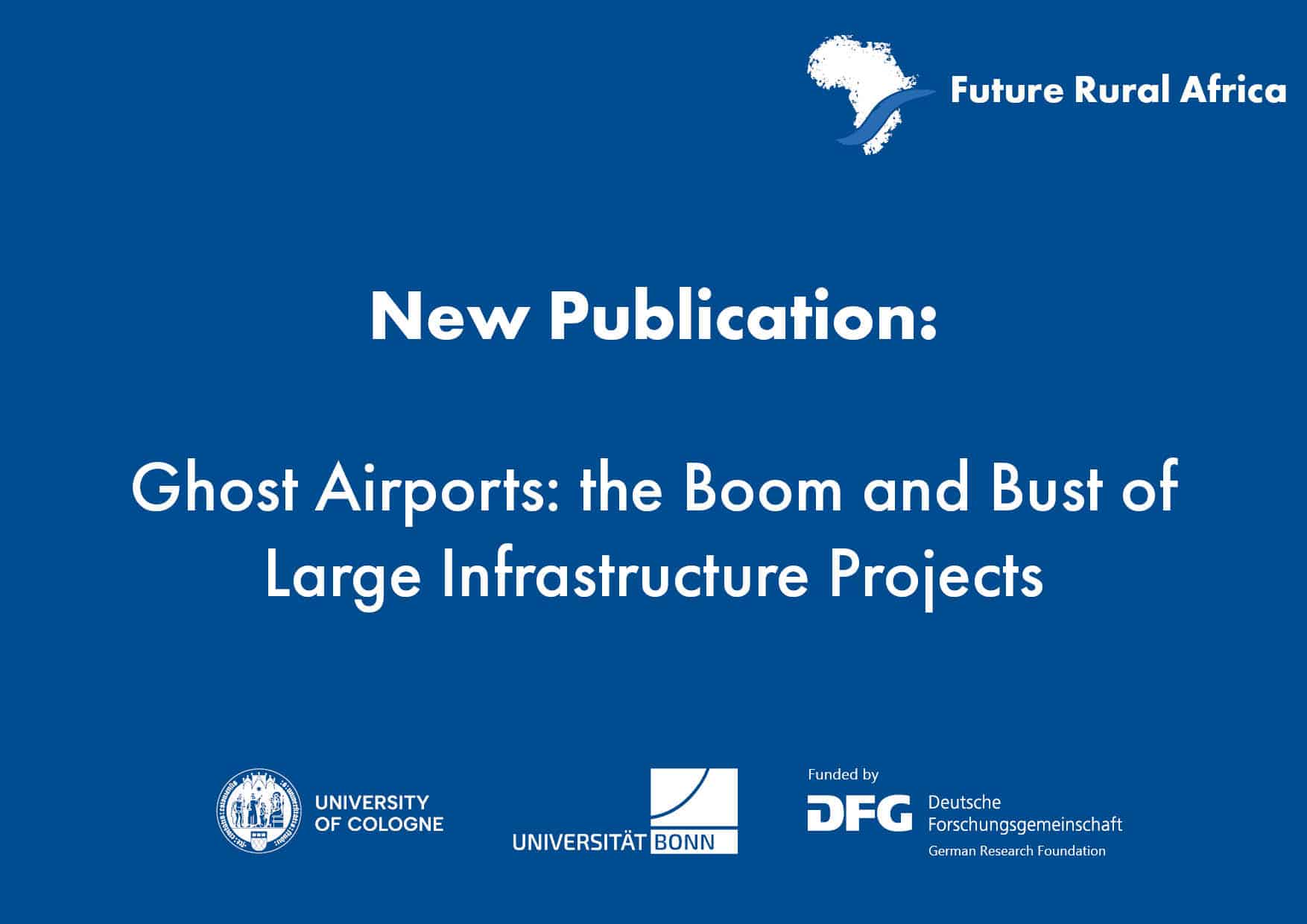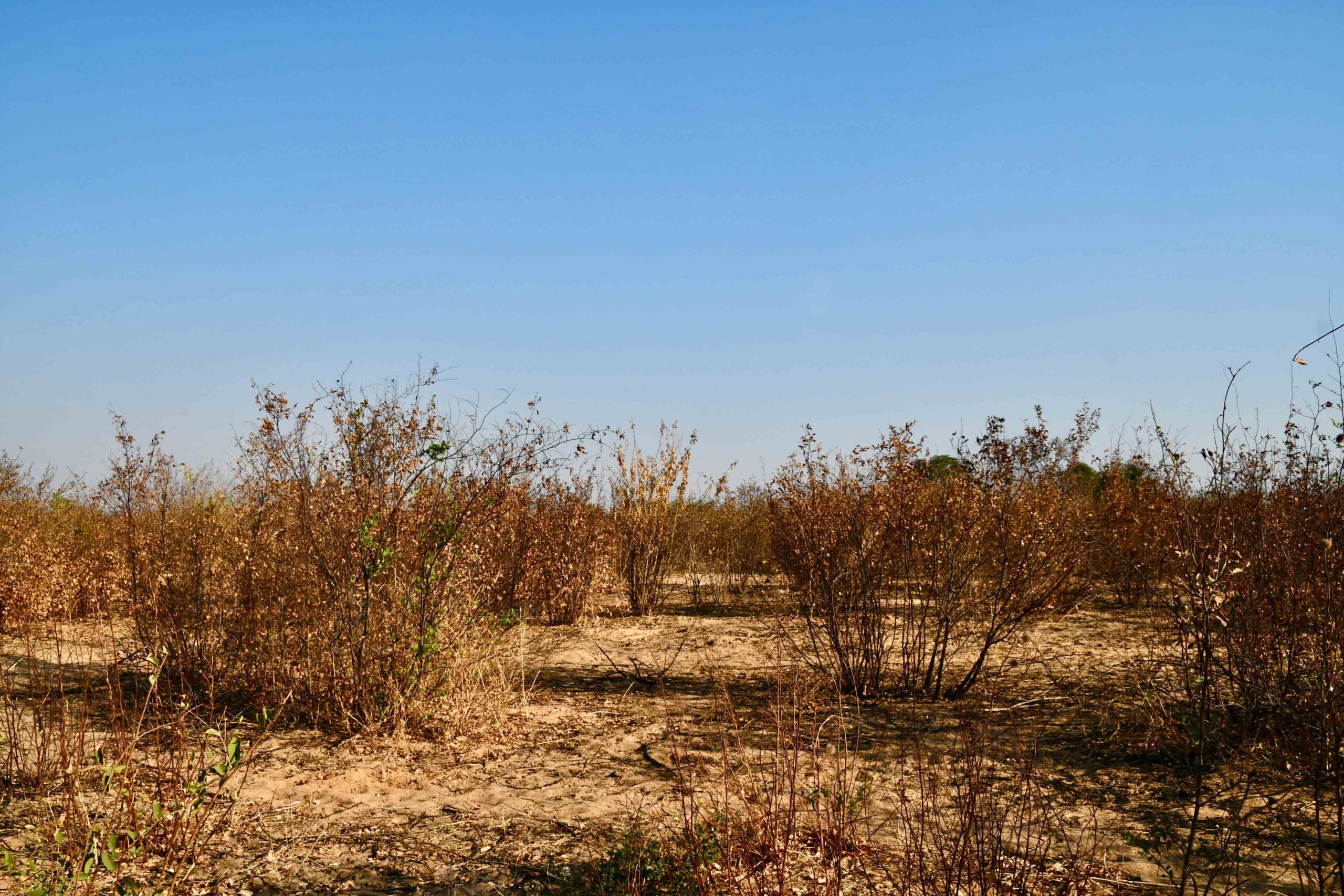Experiences from Researchers
From a state of uncertainty, unrest, to adjusting and adopting. In brief anecdotes, CRC researchers reflect on their experiences of doing research during the COVID-19 pandemic.
Prof. Dr. Mariele Evers , Dr. Britta Höllermann and Dr. Kristian Näschen (University of Bonn, Germany)
The pandemic gave insights on how people perceive “invisible” threats and how they try to cope with or ignore them, which is interesting for water-related risk management. In the future, there might be more disease outbreaks due to ongoing land-use changes increasing the potential to encounter unknown viruses. On one hand, we might learn from the pandemic with regard to adaptation methods, the mobilization of help on multiple spatial scales and the dissemination of information for topics like flood disaster management or inter-sectoral water management, while on the other hand, information from these topics could be utilized to mitigate effects of such a pandemic. However, measures must be tailored to the conditions in the specific regions. For instance, the lockdown imposed in Germany in spring 2020 would have heavily affected daily, manual labor dependent people for example in the Kilombero catchment in Tanzania. Nevertheless, we do observe a trend that rural societies in East Africa seem to be less vulnerable to the restrictions of a lockdown as compared to urban dwellers, due to the proximity to basic resources.
The crisis sensitized for the interrelated systems we live in, for the importance of system dynamics, and for the necessity of transdisciplinary research. Rapid and immediate changes are always possible and we have to reconsider our ideas of probable and possible futures by integrating uncertainty more prominently into our research, especially the “unknown unknowns”.
Dr. Christiane Stephan – University of Bonn, Germany
We are living in times when more people become aware about uncertainty. It is interesting to experience how people have different ways to deal with, make sense of and live through these times. I have noticed that we, as researchers, have partially started asking ourselves various questions that we usually pose to our research participants in the field. How do I imagine my life would look like in six months? What effects does increasing uncertainty have on my life and my concerns about life and death? What is actually important to me and who are the people that I want to have around during a lockdown? These are questions that I am dealing with and that I have heard my colleagues dealing with.
Marie Müller – Koné – Bonn International Center for Conversion, Germany
In a way COVID-19 and the tendencies to increasingly meet in virtual spaces have propelled our societies – at least those who are part of the virtual networks – into a future of virtual social connections. While virtual meeting spaces are new connectors, many parallel worlds on and off the grid come into being, which contribute to increased bifurcation in rural Africa and beyond.
Prof. Kennedy Mkutu – United States International University Africa, Kenya
One issue which has come up is that all my collaborators, being locked down in one way or another, have also been focused on writing. This means that we have all been very busy together, sending papers back and forth for comments. Sometimes it has been overwhelming!
Dr. Theobald Frank Theodory – Mzumbe University, Tanzania
The disruption by the COVID-19 pandemic has amplified many of the challenges already facing the world. Many people in the world have lost their jobs, hence increasing life hardship. This has had a great economic impact, particularly on Sub-Saharan African countries. The immediate impact on informal employment in Tanzania will be particularly acute for the youth, including those employed in the tourism and agricultural sectors. In view of this, modifying future-making in Africa is of great essence.


